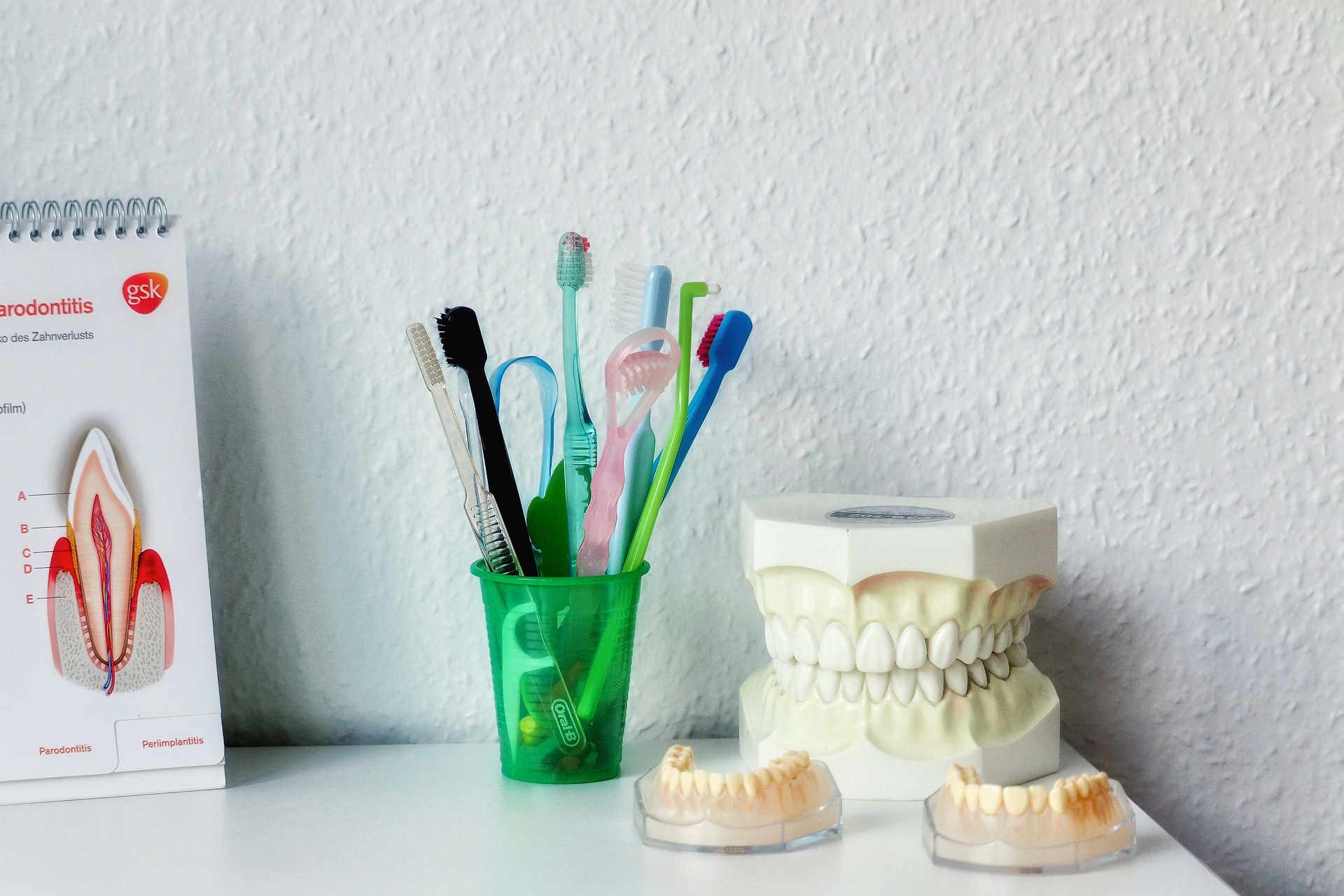Affordable Dental Implants Options Available in the UK
Dental implants represent a modern solution for restoring smiles and improving quality of life. Many dental care centres across the United Kingdom offer extensive treatments, including implants, often with support from grants. This accessibility allows individuals to achieve their desired dental outcomes without incurring overwhelming expenses.
Understanding Dental Implants and Their Benefits for Patients
Dental implants function as artificial tooth roots that support crowns, bridges, or dentures. The titanium post fuses with the jawbone through a process called osseointegration, creating a stable foundation for replacement teeth. This procedure typically involves multiple stages over several months, allowing proper healing between each phase.
The benefits of dental implants extend beyond mere aesthetics. They preserve jawbone structure by providing stimulation that prevents bone loss, a common consequence of tooth loss. Unlike removable dentures, implants restore full chewing function and eliminate concerns about slipping or clicking sounds during eating or speaking. Patients often report improved confidence and quality of life following successful implant treatment.
Modern implant materials and techniques boast success rates exceeding 95% when placed by qualified professionals. The longevity of dental implants, often lasting decades with proper care, makes them a cost-effective investment despite higher initial expenses compared to temporary solutions.
Exploring Government Support for Dental Procedures in the UK
The National Health Service provides limited coverage for dental implants, typically restricting funding to cases involving medical necessity rather than cosmetic preferences. NHS treatment may be available for patients who have lost teeth due to trauma, cancer treatment, or congenital conditions affecting oral development.
Most NHS trusts require patients to meet specific criteria before approving implant treatment. These criteria often include unsuccessful attempts with conventional treatments, significant functional impairment, or psychological distress directly related to tooth loss. The application process involves detailed assessments by NHS dental teams and may require referrals to hospital-based oral surgery departments.
Private treatment remains the primary route for most patients seeking dental implants. However, some employers offer dental insurance schemes that provide partial coverage for implant procedures. Additionally, dental schools and teaching hospitals occasionally offer reduced-cost treatments performed by supervised students, though waiting times may be considerably longer.
Finding Reliable Dental Clinics Offering Comprehensive Care Options
Selecting an appropriate dental clinic requires careful consideration of several factors beyond cost alone. Qualified implant dentists should possess relevant postgraduate training and membership in professional organizations such as the Association of Dental Implantology or the Faculty of General Dental Practice.
Reputable clinics typically offer comprehensive consultations including detailed treatment planning, 3D imaging, and clear explanations of procedures and associated risks. Many established practices provide treatment guarantees and ongoing maintenance programs to ensure long-term success of implant restorations.
Patient reviews and testimonials provide valuable insights into clinic standards and patient satisfaction levels. However, verification of credentials through the General Dental Council register remains essential for confirming practitioner qualifications and any disciplinary history.
| Treatment Type | Provider | Cost Estimation |
|---|---|---|
| Single Implant with Crown | Private Practice | £2,000 - £3,500 |
| Full Mouth Reconstruction | Specialist Clinics | £15,000 - £30,000 |
| NHS Emergency Implant | Hospital Department | £0 - £269 (Band 3) |
| Dental School Treatment | Teaching Hospital | £800 - £1,500 |
Prices, rates, or cost estimates mentioned in this article are based on the latest available information but may change over time. Independent research is advised before making financial decisions.
The cost of dental implants varies significantly depending on location, complexity, and clinic reputation. London practices typically charge premium rates compared to regional alternatives, though quality standards may vary considerably. Many clinics offer payment plans or financing options to make treatment more accessible to patients unable to pay full costs upfront.
Several factors influence final treatment costs including the need for additional procedures such as bone grafting, sinus lifts, or multiple implant placements. Initial consultations should provide detailed treatment estimates including all associated fees for surgery, restoration, and follow-up care.
Ensuring Long-term Success and Value
Successful implant treatment requires commitment to excellent oral hygiene and regular professional maintenance. Patients must attend routine check-ups and professional cleanings to prevent peri-implantitis, an inflammatory condition that can compromise implant stability.
The initial investment in quality implant treatment often proves economical over time when compared to repeated replacements of cheaper alternatives. Properly maintained implants eliminate ongoing costs associated with denture adhesives, frequent adjustments, and periodic replacements required with conventional prosthetics.
Risk factors such as smoking, uncontrolled diabetes, or poor oral hygiene can significantly impact implant success rates and may increase long-term maintenance costs. Honest discussion of lifestyle factors with dental professionals helps ensure realistic expectations and optimal treatment outcomes.
Dental implants represent a significant advancement in restorative dentistry, offering permanent solutions for tooth loss with high success rates and patient satisfaction. While initial costs may seem substantial, the long-term benefits of improved function, aesthetics, and oral health make implants an attractive option for suitable candidates. Thorough research and consultation with qualified professionals ensure patients make informed decisions about their dental care investments.
This article is for informational purposes only and should not be considered medical advice. Please consult a qualified healthcare professional for personalized guidance and treatment.





